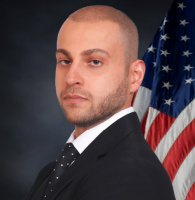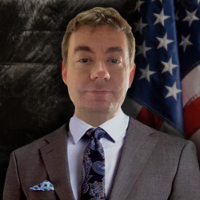Calumet City White Collar Crime Lawyer, Illinois
Sponsored Law Firm
-
 x
x

Click For More Info:
-
Law Offices of Scott T. Kamin
53 W. Jackson Blvd Suite 1057 Chicago, IL 60604» view mapCriminal Defense & Felony If The Police Were Wrong, CALL SCOTT
My goal as your criminal defense lawyer is to help you minimize the consequences you face. I have extensive outside resources and an experienced staff on my side.
800-963-2980
Khaled Issa
Khaled Issa is a well-versed trial attorney with more than 10 years of legal experience. Knowledgeable in many areas of law, Attorney Issa concentrate... (more)
James F. Diquattro
Our offices concentrate on practicing criminal defense for individuals facing charges of felonies and misdemeanors at both the state and federal level... (more)
Hal M. Garfinkel
✓ VERIFIEDHave you been investigated for or charged with a serious criminal offense such as homicide, drug charges or a gun crime? Are you seeking experienced, ... (more)
Andrew M. Weisberg
✓ VERIFIEDThe Law Office of Andrew M. Weisberg is 100% dedicated to the practice of criminal defense in Chicago, Cook County and the neighboring suburbs. Mr. W... (more)
 Scott Kamin Chicago, IL
Scott Kamin Chicago, IL Practice AreasExpertise
Practice AreasExpertise





